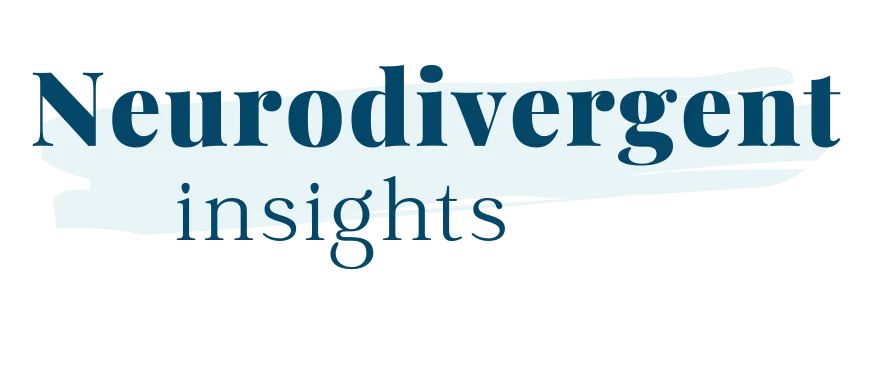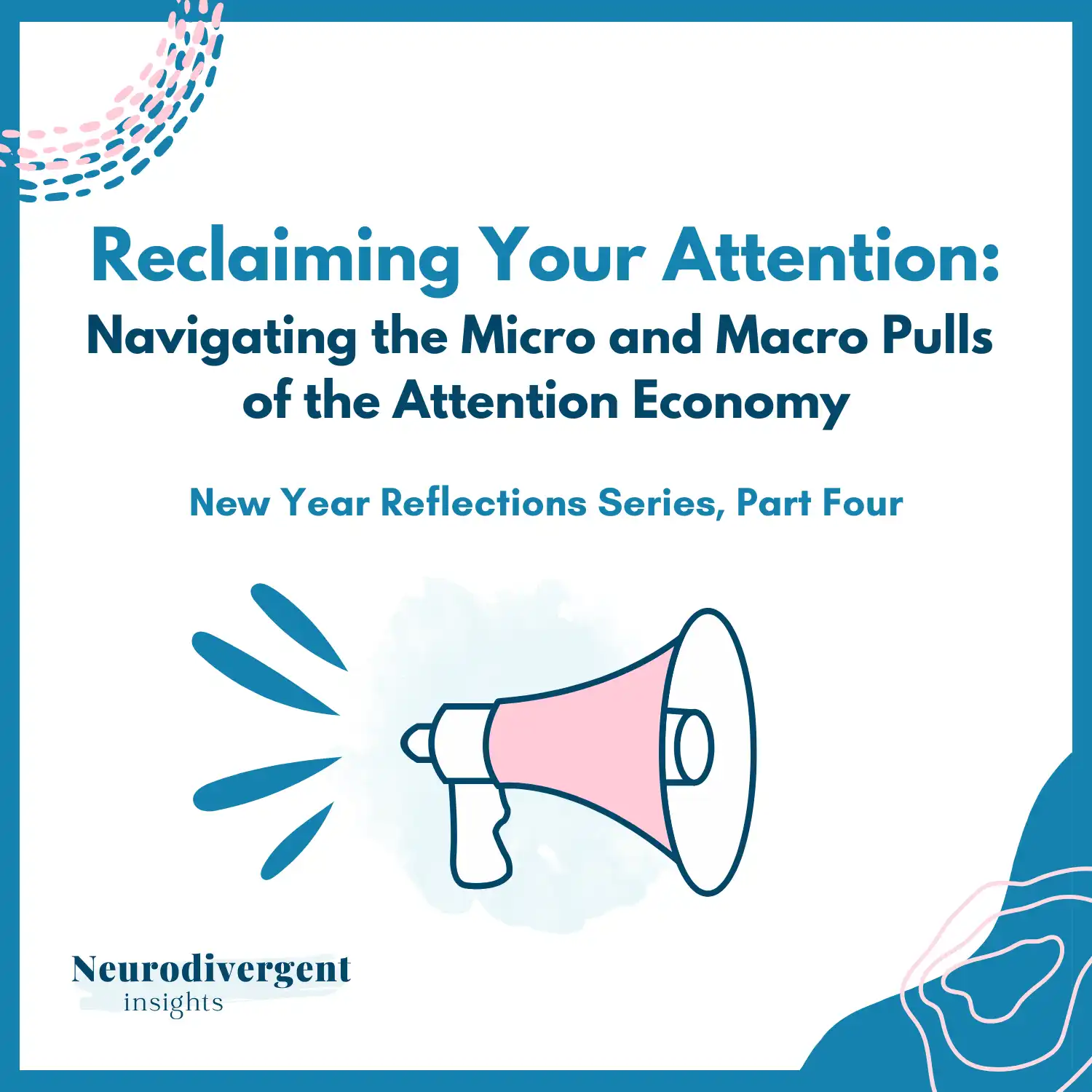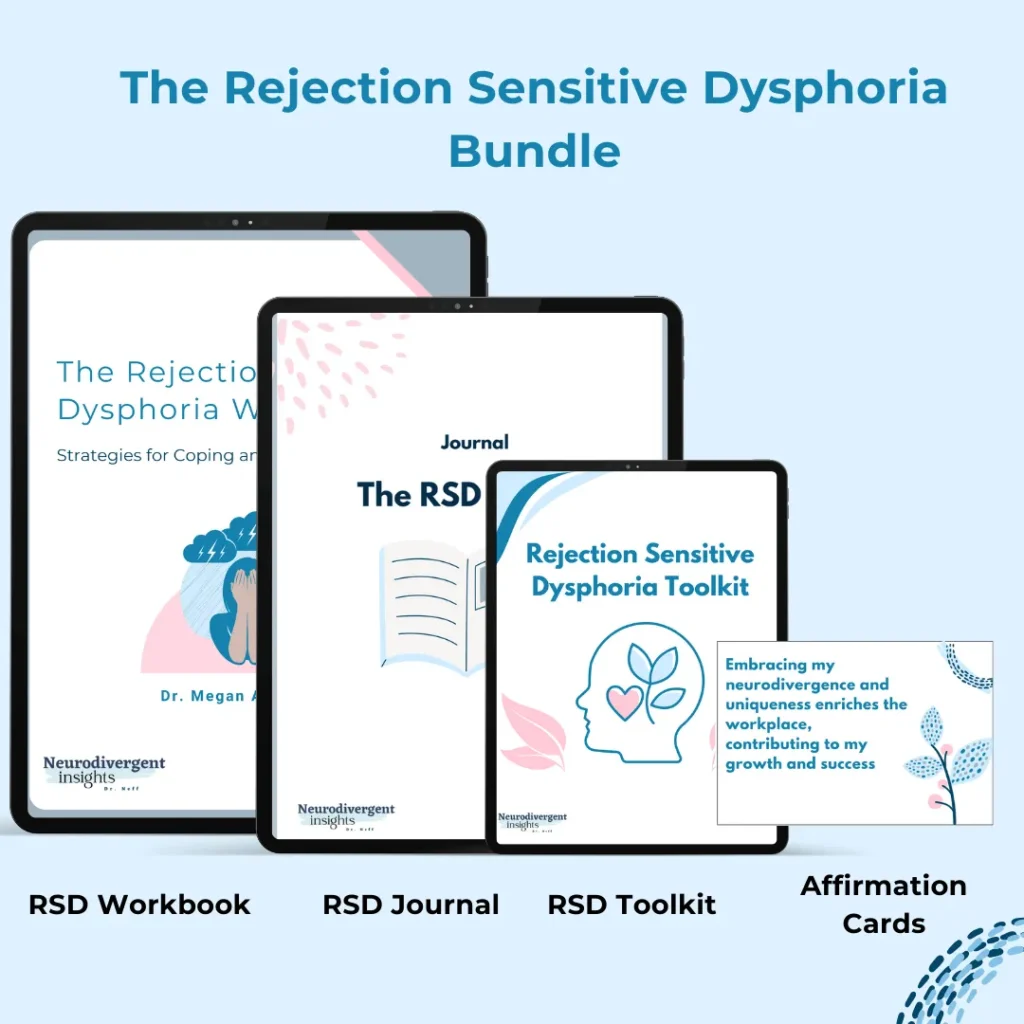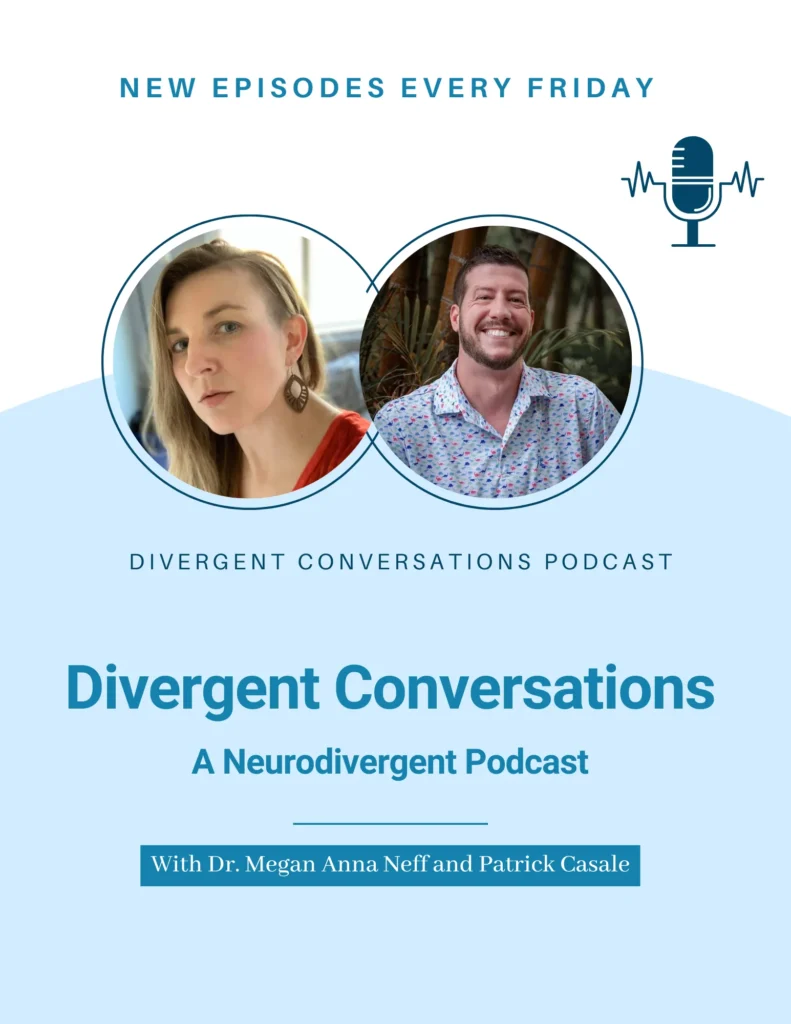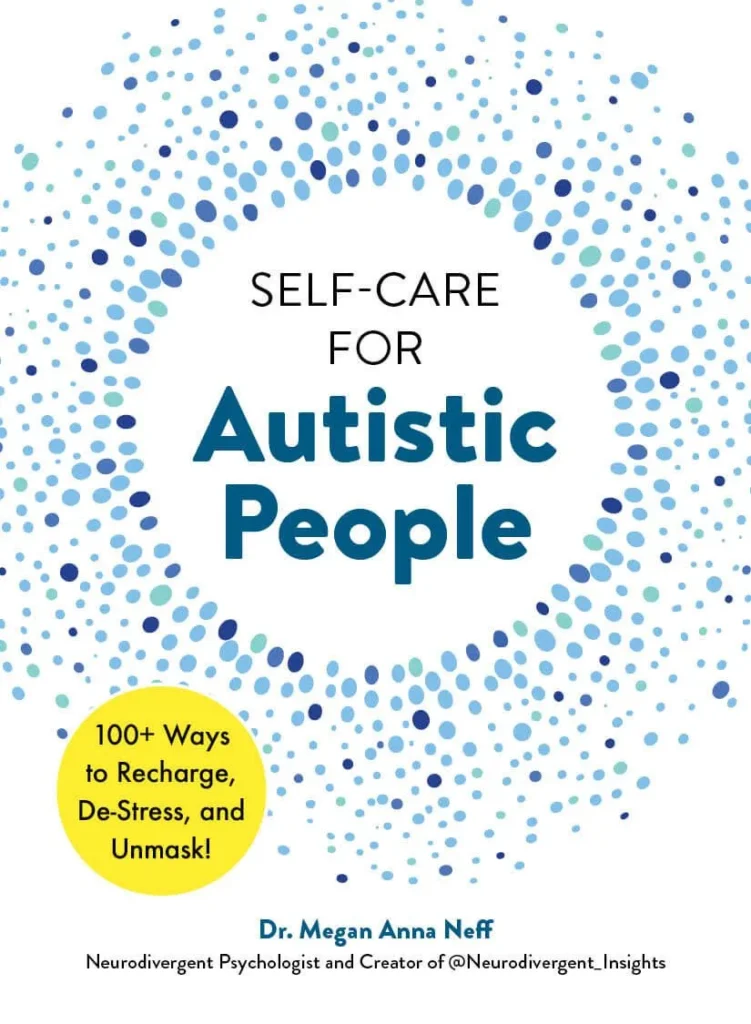
College for Neurodivergent Students
As many young adults head back to college, I am thinking of all the ADHD and Autistic students this week. Therapists and counselors can play a significant role in helping neurodivergent students through this transitional help them thrive in college. So whether you are sending off a neurodivergent client or working with one as they go through college, here are some considerations for supporting them.
ADHD, Autism, and College Stats
Before diving into some of the strategies, let’s take a moment to consider why this is so important. The reality is, if you’re working with an ADHD or Autistic college student, you’re working with a vulnerable college student. A student at risk of:
1) Dropping out
2) Taking additional years to graduate
3) Experiencing significant burnout and mental health issues
On average, ADHDers and Autistic people take longer to complete college and drop out at higher rates than their non-disabled peers (Richmand et al., 2014; White et al., 2016). One study found that 41% of disabled individuals (including Autism and ADHD) graduate from college (Newman et al., 2011 as quoted in White et al., 2016) (compared to 59% of non-disabled students).
There are many reasons for this, and I get into them in more detail in my larger blog post about it here. In short, college is more difficult for us due to:
Executive functioning challenges
Social differences
Sensory overload
Difficulty managing the competing needs
Burnout and depression
Difficulty with life skills and emotional regulation
The largest areas of difficulty relate to executive functioning difficulties and social-communication differences. Problematically, many colleges still largely under-support executive functioning disabilities and social-communication differences. As more neurodivergent students are heading off to university, many colleges are scrambling to figure out how to best support this group of students.
While there is still much work for universities to do to catch up, here are some strategies individuals, families, and therapists can do to help create a smoother transition.
6 Ways to Support Neurodivergent Students
Encourage Your Client To Meet with Disability Services
Several ADHD and Autistic students skip this step. Several weeks ago, I talked about some of the barriers people experience in accepting accommodations. I see this come up a lot for college students. And so, helping them get the support they need may require taking a detour through internalized ableism and shame dynamics to understand the psychic barriers holding them back.
Talk about the Sensory
Help your client consider their sensory experience. College is a high-sensory experience! Many young adults aren’t necessarily actively thinking about their sensory experience or have the language to describe when they are nearing a meltdown. When a person doesn’t have language for this, they may be having several bouts of “big emotions” that “come out of nowhere.” Helping your clients connect their sensory experiences and emotions can be integral for them in learning how to manage big emotions.
Encourage Sensory Breaks
Once they have a solid grasp of their sensory profile and needs, help them schedule and prioritize sensory detox time. College is a high-sensory experience with loud dorms, shifting schedules, crowded cafeterias, and more. As such, scheduling downtime is critical for avoiding meltdowns, sensory overload, and burnout (you can read more on how to schedule sensory downtime and create a sensory dorm room in my full blog post here).
Consider Supporting Solo-Occupation Residence
Speaking of sensory downtime. A solo-occupation residence is one accommodation you may not realize is available to your client. I have written several letters/filled out University forms supporting solo residence as an accommodation for my Autistic clients.
Help your Client Navigate Medication
ADHD medication can be tricky if your client travels out of state for college. Consider supporting your client by providing education and information about this process and coordinating with prescribing medical doctors to aid the process.
Support Executive Functioning
Your clients will likely benefit from learning some basic executive functioning skills, such as:
How to make a schedule (consider things like time blocking)
How to prioritize and break down large projects into smaller tasks
How to initiate new tasks (I like the Pomodoro technique for this one)
How to outsource executive functioning tasks through the use of calendars, reminders, and alarms
If executive functioning supports don’t align with your theoretical orientation, consider sending them along resources or helping them connect with an executive functioning coach.
For more of a deep dive into these supports and to learn more about the challenges ADHD and Autistic college students experience, you can read my blog post about it here.
This post was proofread by Grammarly, my go-to for proofreading and catching all the details I naturally miss! Grammarly is entirely free to use. Click here to give it a try.
